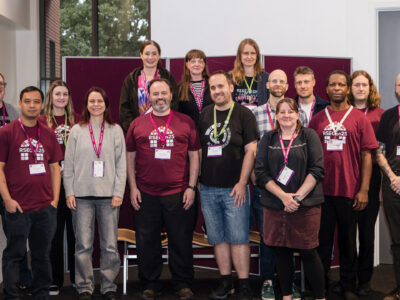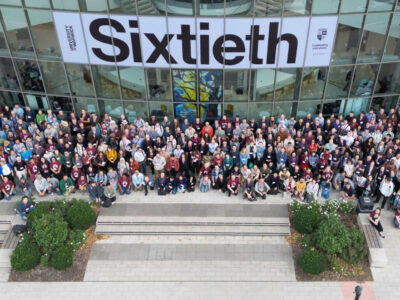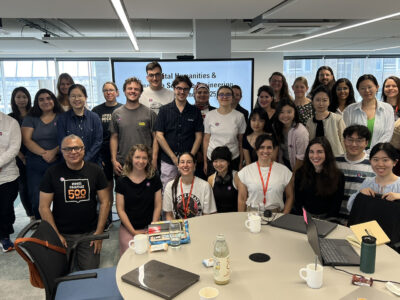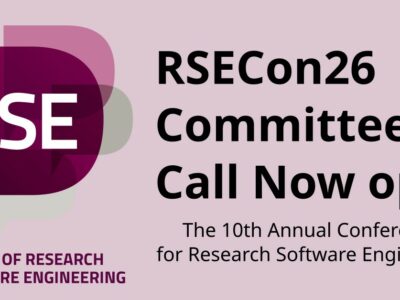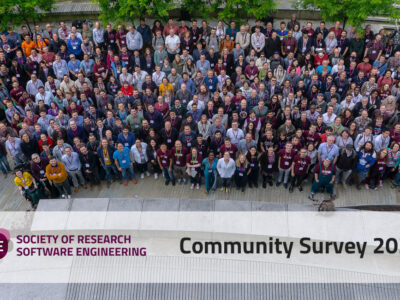RSEs contributing to the national COVID-19 response through RAMP
A major modelling consortium
The Scottish COVID-19 Response Consortium (SCRC) is a major consortium under the Royal Society’s RAMP scheme as part of the national COVID-19 response. It was initiated by scientists from three institutions in Scotland: the Boyd Orr Centre for Population and Ecosystem Health at the University of Glasgow, the Scottish Government’s Centre of Expertise on Animal Disease Outbreaks (EPIC) based at the Universities of Glasgow, Edinburgh and Scotland’s Rural College (SRUC) and Biomathematics and Statistics Scotland. In five weeks it has expanded to around 120 contributors from many organisations across the UK.
Members of the original consortium have extensive experience in responding to animal disease outbreaks and modelling the spread and control of animal diseases. Modelling animal disease outbreaks shares many of the same approaches and challenges as modelling COVID-19. We are adapting existing large-scale animal disease models to assess different potential medium- and long-term strategies for controlling the COVID-19 epidemic in UK and in Scotland. This consortium is working on several separate codebases, mostly originating from prior work on animal epidemics. The models are being developed in the open at SCRC GitHub.
RSEs are central to this effort
Research Software Engineering is a major activity for the consortium as the goal is to deliver multiple open source models with robust, reproducible, and transparent validation pipelines to link models and their outputs to source data and assumptions. Richard Reeve, who jointly initiated the consortium and leads the modelling work, is a member of the RSE community and a champion for RSE within the University of Glasgow. From the start he was clear that the coalition must focus on producing robust software and reproducible analysis pipelines. The Society of RSE president, Alys Brett, is also part of the SCRC management group and is coordinating this RSE effort. Each of the six SCRC model owners was initially paired with a lead RSE (drawn from groups at UKAEA and the Universities of Manchester and Sheffield) and these have now been joined by small teams of RSEs from academic institutions and companies such as Invenia and Man Group. Further RSEs and domain experts are working on running existing models for cross-validation purposes, setting up a managed data pipeline and now on visualisation. The University of Southampton RSE group/Software Sustainability Institute have adapted their Software Carpentry git training for the coalition’s needs and online delivery at short notice and trained the core group of domain experts to be able to collaborate on their code via Github.
Could you help?
This work is being done through volunteer effort (i.e. organisations are funding the time of their staff to contribute until the end of July). There is scope for further RSEs to contribute so if anyone with the skills to work on modelling software in Java, C++, Julia or Python, on managed data pipelines or Javascript visualisation tools is able to arrange to volunteer some time for a couple of months, please get in touch with Alys Brett.

